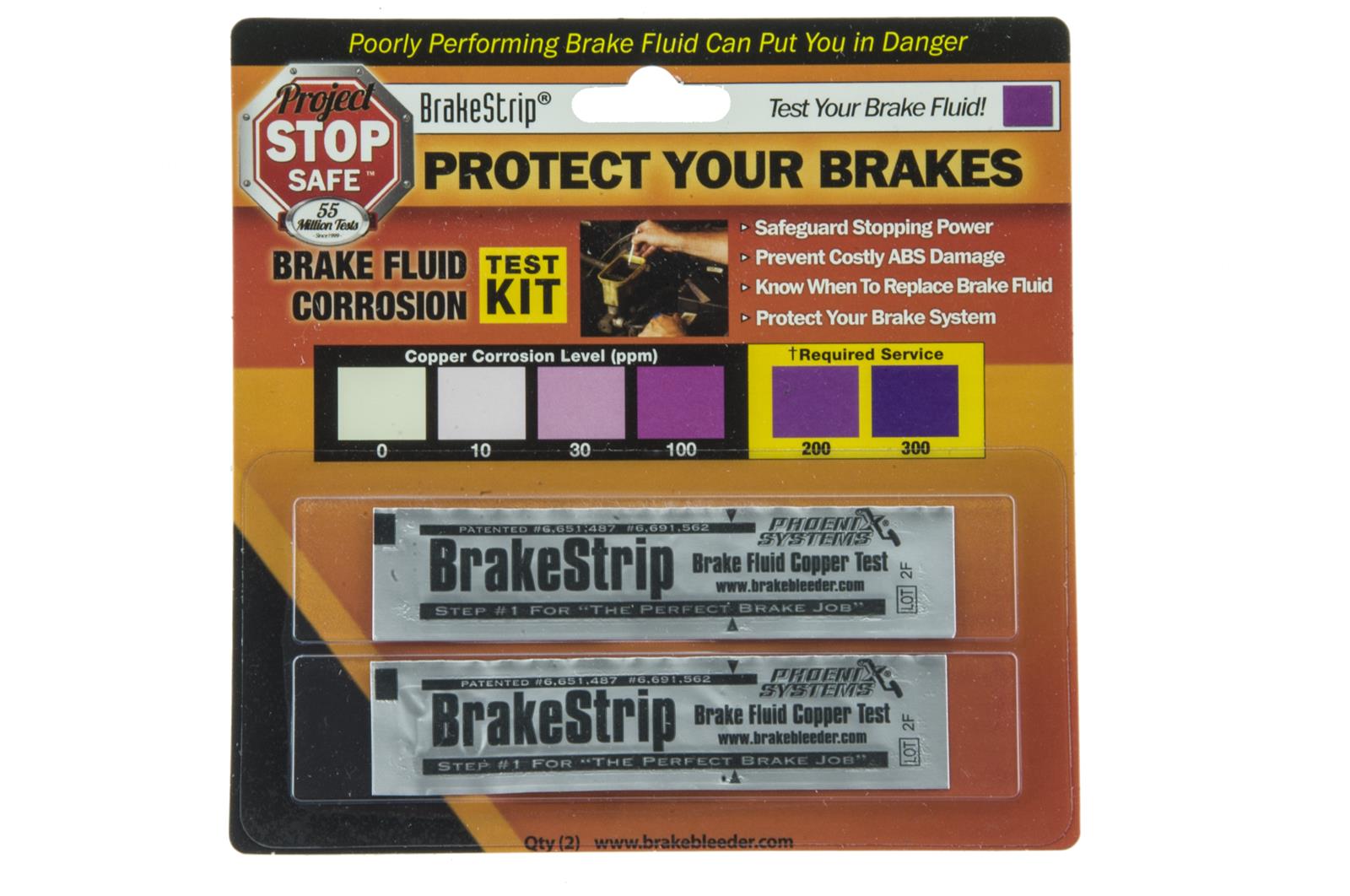I own a few car tools & toys ... like tire air gauges, battery testers, feeler gap gauges, coolant testers, smart chargers, torque wrenches, etc., etc. But the one tool I do not own is a brake fluid tester. Here is an example of what I'm talking about. Brake fluid tester . And it is the one tool I generally don't hear or read too much about on owner forums. So I wanted to ask about them. Anyone have one? Do you have confidence in it?
I've owned Hondas for years. When I 1st took my cars in for their recommended brake fluid change, the going rate was about $30. Yesterday I paid $130 for my son's CRV. Considering that I still own 3 Hondas, I'm basically looking at an annual expense. While I don't want to cut corners on safety, I also don't want to pay for premature maintenance. Complicating it is that brake fluid change intervals are all over the map, from as often as every two years to never. In fact, Honda is the only car I've ever owned that recommends periodic brake fluid changes. Every other car I've owned basically recommended inspections and/or checking for leaks. I don't add air to my tires simply on how they look, and I don't replace perfectly good batteries simply because they are old. I normally check them first with a tool to confirm their condition. Thus, I am wondering if a brake fluid tester might help add a little fact-based data to the decision making. Thanks guys.
I've owned Hondas for years. When I 1st took my cars in for their recommended brake fluid change, the going rate was about $30. Yesterday I paid $130 for my son's CRV. Considering that I still own 3 Hondas, I'm basically looking at an annual expense. While I don't want to cut corners on safety, I also don't want to pay for premature maintenance. Complicating it is that brake fluid change intervals are all over the map, from as often as every two years to never. In fact, Honda is the only car I've ever owned that recommends periodic brake fluid changes. Every other car I've owned basically recommended inspections and/or checking for leaks. I don't add air to my tires simply on how they look, and I don't replace perfectly good batteries simply because they are old. I normally check them first with a tool to confirm their condition. Thus, I am wondering if a brake fluid tester might help add a little fact-based data to the decision making. Thanks guys.





